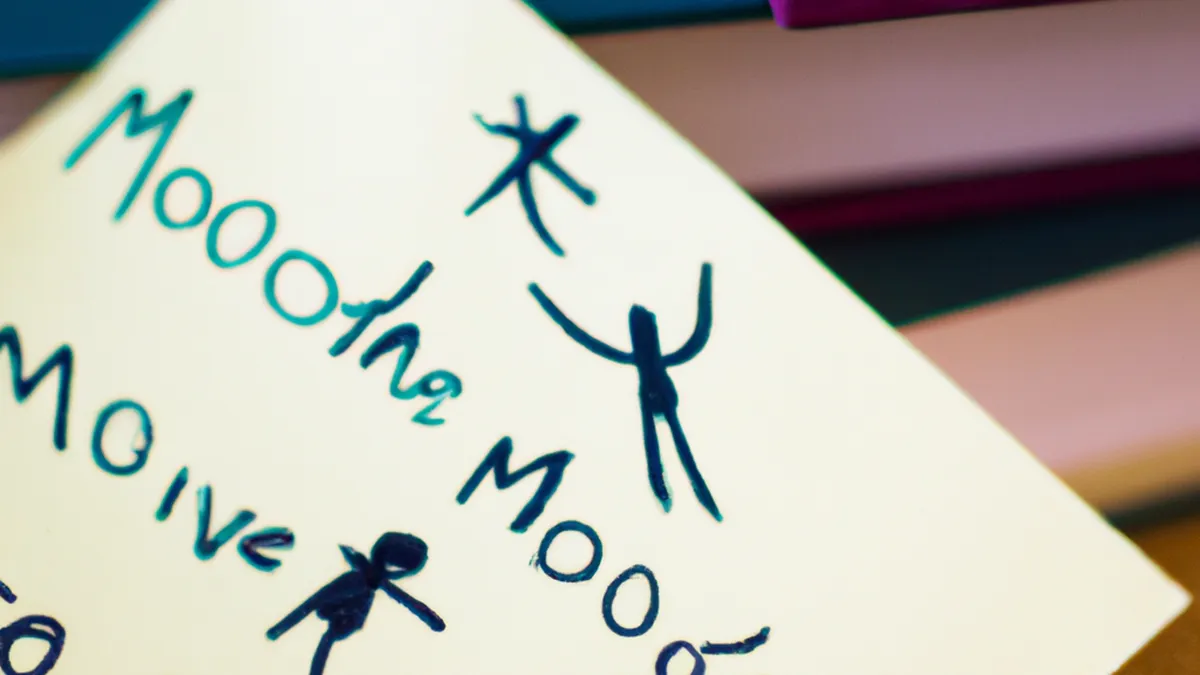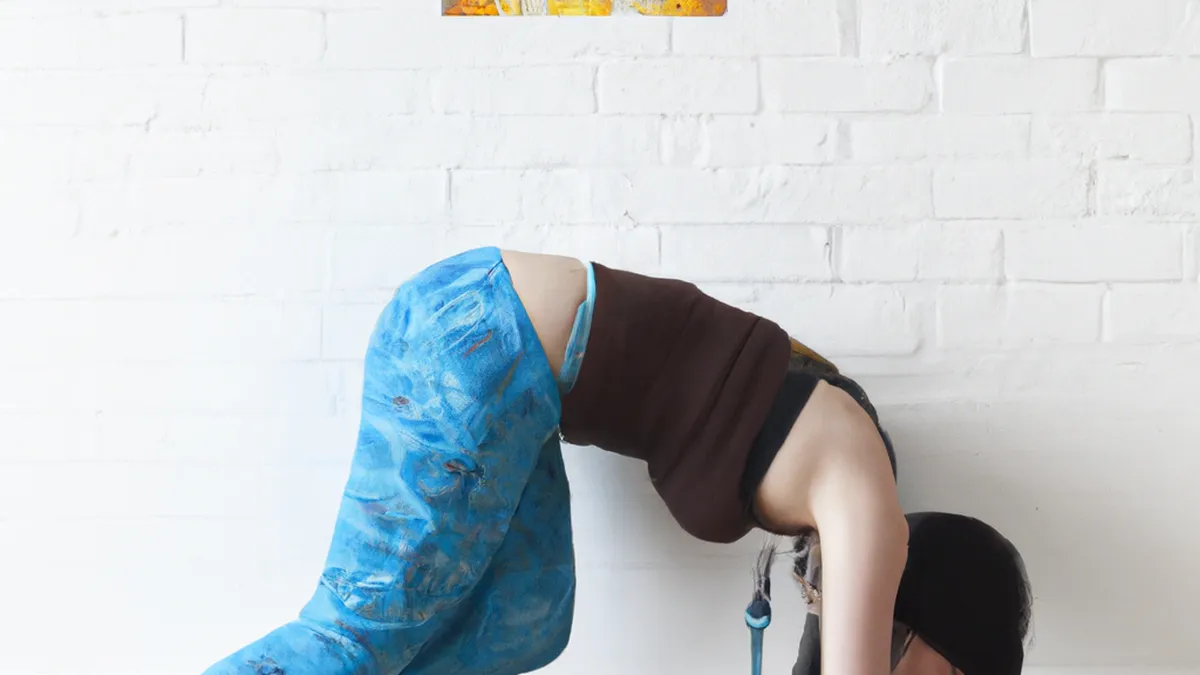Embrace Activity with Interactive Storytelling
Using Storybooks to Inspire Movement Activities for Kids
Reading sparks imagination and fuels creativity in childhood. Storybooks can also inspire kids to engage in movement activities. Parents and educators can use stories to entertain and get children moving. Let’s explore how storybooks can create exciting movement adventures while promoting reading and physical activity.
Choose Engaging Stories
Select engaging stories for movement activities. Look for books with action, adventure, or vivid imagery that captures attention. Stories about animals, nature, or sports often inspire movement. For instance, a tale about a brave rabbit can prompt kids to hop around. A story about a daring cat can inspire climbing and jumping.
Consider Age Appropriateness
Choose age-appropriate storybooks. Younger kids enjoy simple narratives with repetition and colorful illustrations. Books like “The Very Hungry Caterpillar” and “Chicka Chicka Boom Boom” fit perfectly. Older kids prefer more complex stories, such as “Where the Wild Things Are” or “Harry Potter and the Sorcerer’s Stone.” Always select books that align with the child’s age and interests to keep them engaged.
Incorporate Rhymes and Repetition
Books with rhymes and repetition encourage movement. They invite kids to join in and move with the story. For example, “Brown Bear, Brown Bear, What Do You See?” encourages kids to mimic introduced animals. This participation enhances their enjoyment and understanding, turning reading into an active learning experience.
Create Movement Activities
After selecting your story, think about incorporating movement. Break the story into segments and introduce corresponding movement activities after each segment. For instance, after reading about a jumpy frog, ask kids to jump like frogs for a minute. This strategy keeps energy flowing and minds engaged.
Use Props and Costumes
Props enhance storytelling and movement experiences. Simple items like scarves can represent flowing rivers, while cardboard boxes can become spaceships. Encourage kids to dress up as characters from the story for added fun. Using costumes and props allows kids to immerse themselves in the narrative, making movement activities more enjoyable.
Encourage Group Activities
Group activities promote teamwork and social interaction, vital for childhood development. Gather a few children and read a story together. After each segment, have them act out scenes collectively. They can gallop like horses or swim like fish, fostering collaboration and creativity.
Conclusion
Storybooks can inspire movement activities that engage children physically and mentally. Choose appropriate stories, incorporate movement, and use props for a dynamic learning experience.
Below are related products based on this post:
FAQ
How can storybooks inspire movement activities for children?
Storybooks can inspire movement activities by providing engaging narratives that encourage kids to act out the scenes. Selecting stories with action, adventure, or vivid imagery can prompt children to mimic movements related to the story, such as hopping like a rabbit or climbing like a cat, thus promoting both reading and physical activity.
What types of stories are best for encouraging movement in kids?
Books that feature action, adventure, animals, nature, or sports are particularly effective at encouraging movement. For younger children, simple narratives with repetition and colorful illustrations work well, while older kids may enjoy more complex stories. Selecting age-appropriate books helps maintain engagement and interest in both the story and the associated movement activities.
How can props and costumes enhance the movement experience?
Using props and costumes can significantly enhance the storytelling and movement experience by allowing children to immerse themselves in the narrative. Simple items like scarves or cardboard boxes can represent elements from the story, while dressing up as characters adds an extra layer of fun and creativity. This interactive approach makes the movement activities more enjoyable and memorable for the children.















Post Comment